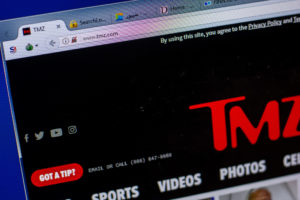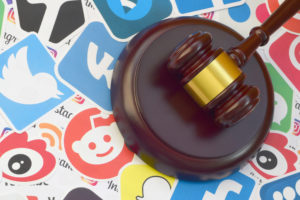Can you be sued for retweeting defamatory statements?
Retweeting Defamatory Material: Jurisdiction & Liability
It’s an oft-asked question: Is it defamatory to retweet something libelous? The answer isn’t simple. Whether or not a retweet can be deemed defamatory largely depends on two factors:
- Jurisdiction (i.e., where you live and the laws to which you’re beholden); and
- Editorial Additions (i.e., did you add comments to the retweet).
Commonwealth Courts Are More Likely To Punish People For Retweeting Defamatory Statements
Whether or not a re-tweet or re-post is considered a separate defamatory act has a lot to do with the case. Globally speaking, the rule of thumb is this: If you live in a Commonwealth country (e.g., United Kingdom, Australia, Canada, etc.) than the chances of losing an online libel case for re-tweeting increases.
Play It Safe: Don’t Add Comments To Retweets
If you live in the United States, the chances of being busted for retweeting defamatory statements are slim, but possible – especially if you tack on your own comment.
Defamation By Tagging
Some judges, outside the U.S., take a hard-line when it comes to the defamatory nature of retweeting. Just take a look at an excerpt from the Isparta v. Richter ruling:
“The second defendant is not the author of the postings. However, he knew about them and allowed his name to be coupled with that of the first defendant. He is as liable as the first defendant.”
This overseas judge is saying, “everyone is responsible for the use of their name on social media. If you know your handle or real name is attached to defamatory content, then you’re liable for libel.”
Interested in reading about other social media law case studies? Head here.



Leave a Reply
Your email is safe with us.